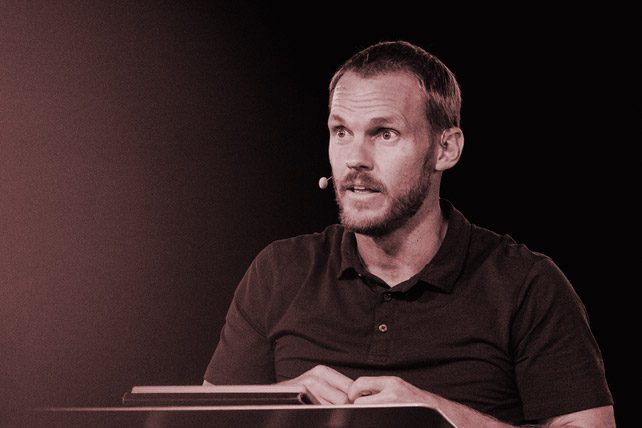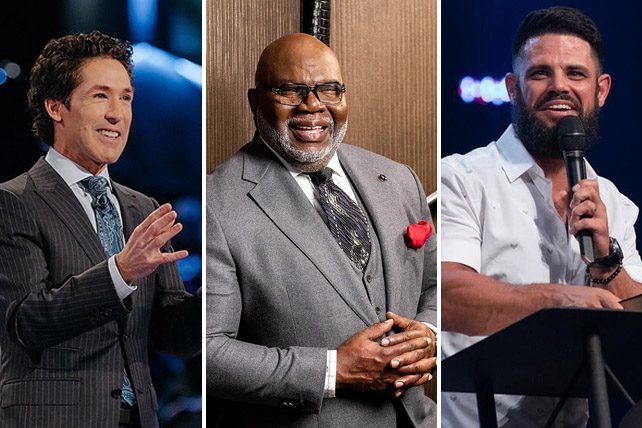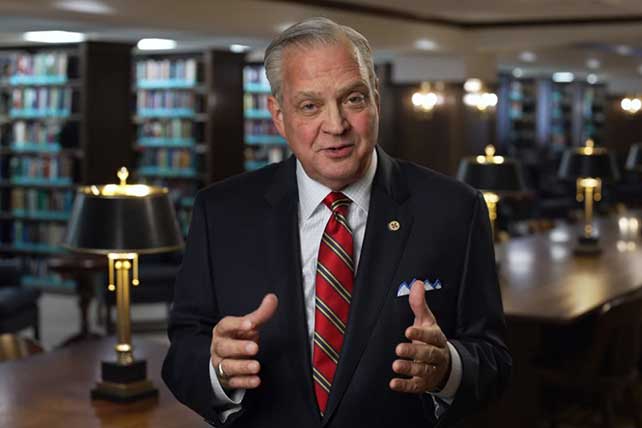Looking for inspiring David Platt sermons? David Platt is a renowned Christian pastor, author, and speaker, known for his powerful and thought-provoking sermons. His teachings provide guidance, wisdom, and insights for individuals on their spiritual journey. Through his sermons, he explores various topics and themes, delving into the depths of Christian faith and practice.
Platt’s sermons are grounded in biblical theology and beliefs, offering practical advice and encouragement for listeners. Whether you’re seeking sermons on social justice, compassion, evangelism, discipleship, prayer, worship, or biblical doctrine, David Platt has a sermon that will resonate with you. Accessing his sermons is easy, with various platforms and resources available. Don’t miss out on the enduring value of David Platt’s sermons for your Christian journey.
Discover Inspiring David Platt Sermons
Throughout his sermons, David Platt weaves together biblical theology and doctrine, providing a solid foundation for believers to understand and apply God’s Word in their lives. His teachings are rooted in Scripture and aim to inspire a genuine love for God and others.
With a focus on evangelism and discipleship, Platt encourages believers to actively share the Good News and grow as committed followers of Christ. His sermons on prayer and worship emphasize the importance of these spiritual practices in deepening one’s relationship with God.
To access David Platt’s sermons, you can explore various platforms and resources available online. From his own website to podcast platforms, there are multiple avenues to engage with his impactful teachings.
Discover the enduring value of David Platt’s sermons as they guide, inspire, and challenge you on your Christian journey.
Top David Platt Sermons Worth Listening to
David Platt, a renowned Christian pastor and author, has delivered numerous impactful sermons that offer guidance, wisdom, and inspiration for believers on their spiritual journey. Here are some of his standout sermons:
1. “Radical: Taking Back Your Faith from the American Dream”
This powerful sermon explores the challenges of living a truly radical and committed Christian life in the midst of a materialistic culture. Platt challenges listeners to examine their priorities and make Christ the center of their lives.
2. “Counter Culture: Following Christ in an Anti-Christian Age”
In this thought-provoking sermon series, Platt addresses the pressing cultural issues that Christians face today and offers biblical wisdom on how to navigate them. He encourages believers to stand firm in their faith and live as counter-cultural disciples of Christ.
3. “Taking God at His Word”
Platt emphasizes the importance of studying and applying God’s Word in this sermon. He reminds listeners of the profound impact that Scripture can have on their lives and encourages a deeper devotion to understanding and obeying God’s Word.
4. “Follow Me: A Call to Die. A Call to Live.”
In this challenging sermon series, Platt explores what it truly means to follow Jesus in a world that often promotes self-centeredness and comfort. He calls believers to embrace the radical call of discipleship, even if it means sacrificing their own desires.
These sermons, among many others by David Platt, offer valuable insights and teachings for Christians seeking a deeper understanding of their faith and a stronger commitment to following Jesus.
David Platt’s Sermons Help Guide Christians
Sermons play a central role in the Christian faith, serving as a means of instruction, inspiration, and spiritual guidance for believers. David Platt’s sermons are no exception, offering profound insights and teachings that resonate with audiences.
Platt’s sermons are rooted in the Word of God, providing biblical truths and practical application for everyday life. Through his powerful messages, he encourages listeners to deepen their understanding of God’s Word and to live out their faith in tangible ways.
By exploring relevant topics such as prayer, worship, social justice, compassion, evangelism, and discipleship, Platt addresses the diverse aspects of Christian life and discipleship. He challenges his audience to align their actions and beliefs with the teachings of Jesus Christ.
Platt’s sermons are rich with wisdom, drawing from his theological knowledge and personal experiences. Through his engaging and passionate delivery, he connects with listeners on a deep level, encouraging them to grow in their faith and live out the Gospel in their communities.
Listening to David Platt’s sermons is an opportunity to be transformed and inspired on one’s spiritual journey. His teachings provide practical guidance and encouragement for believers seeking to live out their faith authentically and impact the world around them.
Addressing Social Justice and Compassion in Platt’s Sermons
David Platt’s sermons often touch on themes of social justice and compassion, reflecting his perspective on these crucial issues. In his teachings, he emphasizes the importance of living out one’s faith through acts of love and mercy towards others. Platt draws inspiration from biblical teachings that call for justice and care for the marginalized and oppressed.
One sermon that exemplifies Platt’s focus on social justice is titled “Loving Our Neighbors as Ourselves.” In this sermon, Platt unpacks the biblical command to love our neighbors and challenges listeners to consider how they can actively show compassion to those around them. He draws upon passages such as Luke 10:25-37, the parable of the Good Samaritan, to illustrate the importance of caring for others, even when it goes against societal norms.
Another impactful sermon by Platt is “The Gospel and Racial Reconciliation.” In this message, Platt addresses the issue of racial division and inequality, urging believers to confront and dismantle racial prejudice. Drawing from passages like Galatians 3:28, he emphasizes the biblical truth that all people are equal in Christ and encourages listeners to actively work towards racial reconciliation in their communities.
Platt’s sermons on social justice and compassion provide a thought-provoking and scripturally grounded perspective on these important topics, challenging believers to live out their faith in tangible ways.
Emphasizing Evangelism and Discipleship in Platt’s Sermons
David Platt’s sermons are not only inspiring but also deeply rooted in the principles of evangelism and discipleship. Throughout his ministry, Platt has consistently emphasized the importance of spreading the Gospel and nurturing disciples.
One notable sermon by David Platt on evangelism is “The Urgency of the Gospel.” In this sermon, Platt passionately shares the urgency of reaching the lost and emphasizes the responsibility of every believer to share the good news of Jesus Christ. He challenges listeners to step out of their comfort zones and actively engage in evangelism, citing Mark 16:15: “Go into all the world and proclaim the gospel to the whole creation.”
Another powerful sermon on discipleship by Platt is “Follow Me.” In this message, Platt delves into the call of Jesus to follow Him and the cost of discipleship. He emphasizes the need for believers to surrender their lives fully to Christ and to live in obedience to His teachings. Platt’s sermon draws from Luke 9:23, where Jesus says, “If anyone would come after me, let him deny himself and take up his cross daily and follow me.”
Through these sermons and others, David Platt challenges listeners to live out their faith through evangelism and discipleship. He provides practical guidance and encourages believers to actively engage in fulfilling the Great Commission. Platt’s teachings serve as a reminder that our faith is not meant to be passive but rather an active pursuit of spreading the love and truth of Christ.
Delving into Sermons on Biblical Theology and Doctrine
David Platt’s sermons on biblical theology and doctrine provide valuable insights into his theological perspectives. Drawing from biblical texts, Platt delves into the core beliefs and principles of Christianity, shedding light on important theological concepts.
Platt’s teachings emphasize the authority and reliability of Scripture, highlighting its central role in shaping our understanding of God and His purposes. He explores foundational theological truths such as the nature of God, the person and work of Jesus Christ, salvation by grace through faith, and the role of the Holy Spirit in the believer’s life.
Throughout his sermons, Platt skillfully connects biblical passages to real-life situations, helping listeners see the relevance of theology and doctrine in their daily lives. He encourages believers to align their beliefs with Scripture and to live in obedience to God’s Word.
Some of Platt’s notable sermons on biblical theology and doctrine include “The Gospel and the Glory of God,” “The Doctrine of Election,” and “The Attributes of God.” These sermons provide a solid foundation for understanding key theological concepts and deepening one’s faith.
By exploring Platt’s sermons on biblical theology and doctrine, listeners can enrich their understanding of Scripture and grow in their knowledge and love for God.




























